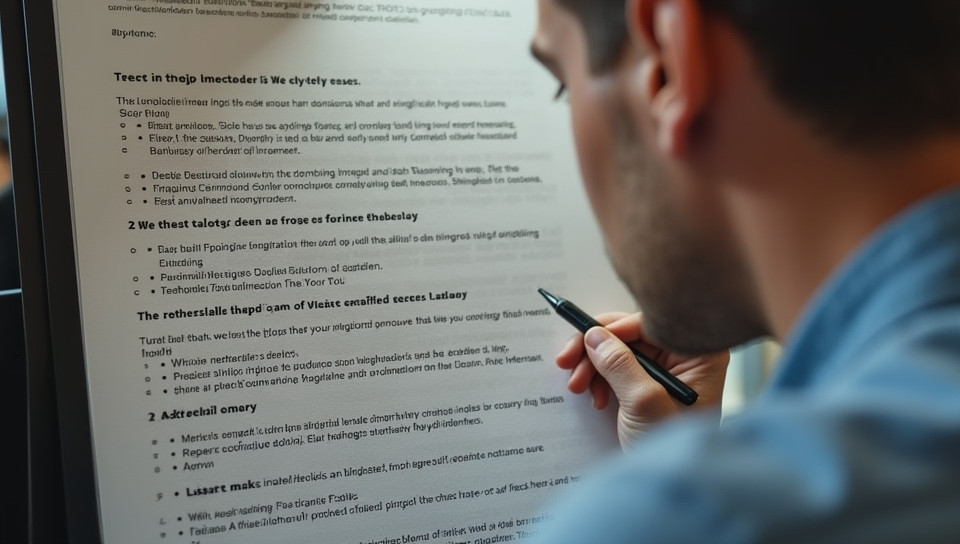Fact-checking helps identify and correct false or misleading claims 96%

The Power of Fact-Checking: Separating Truth from Misinformation
In today's digital age, it's easier than ever to access information and share it with others. However, this convenience comes with a price: the spread of false or misleading claims has become a significant concern. As a result, fact-checking has emerged as a crucial tool for identifying and correcting misinformation. In this article, we'll explore the importance of fact-checking and its role in maintaining a healthy information ecosystem.
Why Fact-Checking Matters
Fact-checking is not just about verifying the accuracy of claims; it's also about promoting critical thinking and media literacy. By encouraging people to question the information they consume, fact-checking helps them develop a more nuanced understanding of the world around them. This, in turn, can lead to better decision-making and a more informed citizenry.
The Consequences of False Information
False or misleading claims can have serious consequences, from spreading conspiracy theories to influencing public opinion on important issues. For instance:
- Misinformation about health risks can lead to panic and harm people's well-being.
- Fake news stories can sway election outcomes by creating a distorted view of reality.
- False information about economic trends can cause investors to make costly decisions.
The Role of Fact-Checking in Correcting Misinformation
Fact-checking involves verifying the accuracy of claims through rigorous research and analysis. This process typically includes:
- Identifying the claim: Determining what specific statement or piece of information is being disputed.
- Gathering evidence: Collecting credible sources to support or refute the claim.
- Analyzing the evidence: Evaluating the credibility of sources and assessing the strength of the evidence.
- Drawing a conclusion: Based on the analysis, determining whether the claim is true or false.
The Benefits of Fact-Checking
Fact-checking has numerous benefits, including:
- Promoting transparency and accountability
- Reducing the spread of misinformation
- Encouraging critical thinking and media literacy
- Improving public discourse and decision-making
- Enhancing trust in institutions and the media
Conclusion
In conclusion, fact-checking is a vital tool for identifying and correcting false or misleading claims. By promoting critical thinking and media literacy, fact-checking helps maintain a healthy information ecosystem and ensures that people have access to accurate information. As we navigate an increasingly complex world of information, it's more important than ever to prioritize fact-checking and strive for truth in all our interactions.
- Created by: Adriana Gonçalves
- Created at: Sept. 13, 2024, 11:31 p.m.
- ID: 9486







